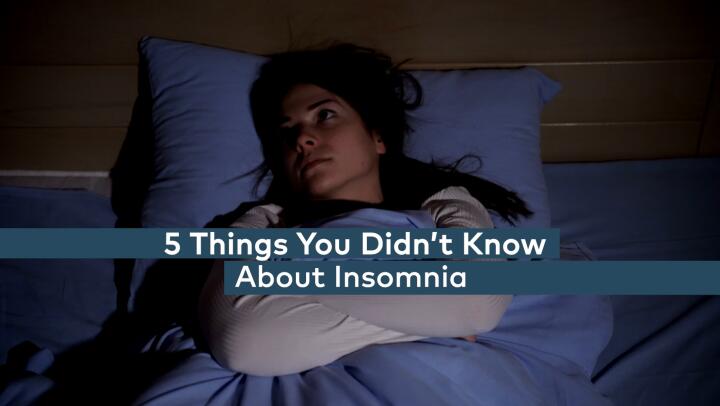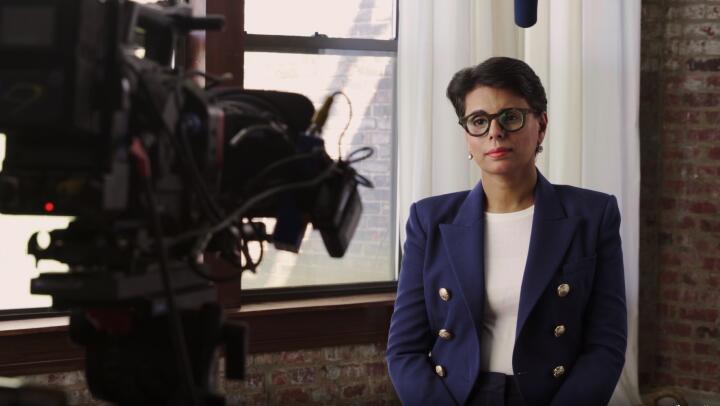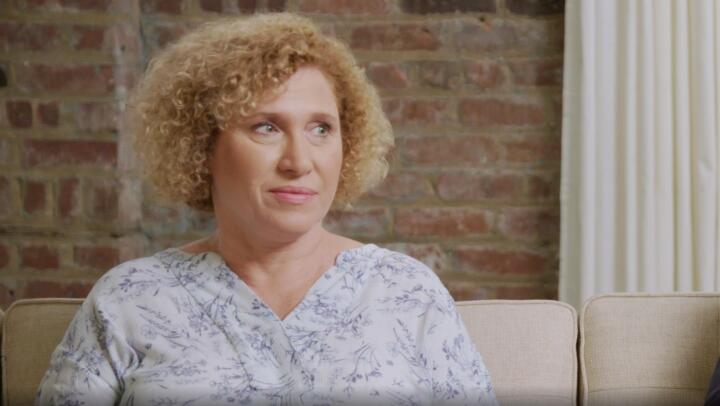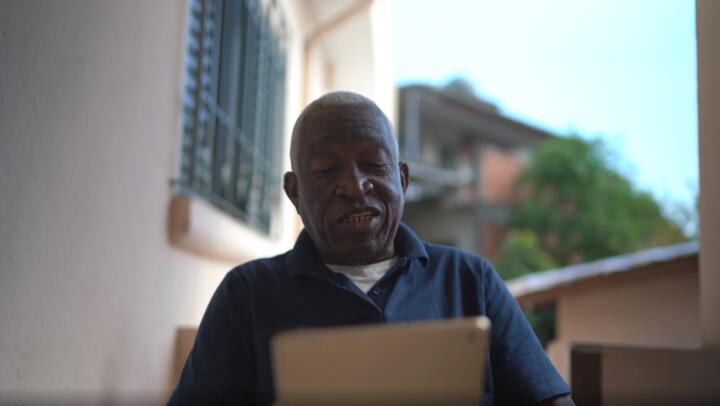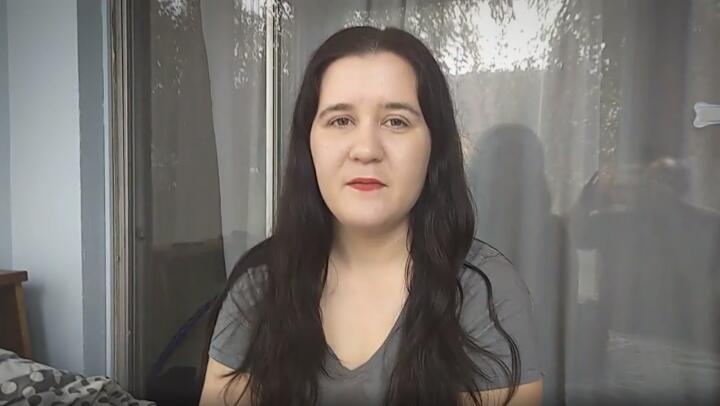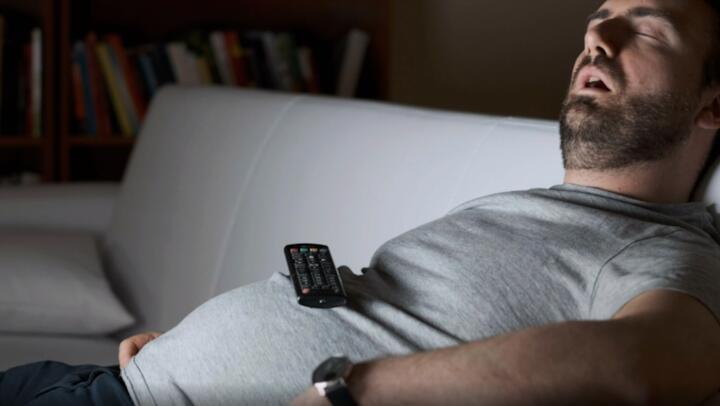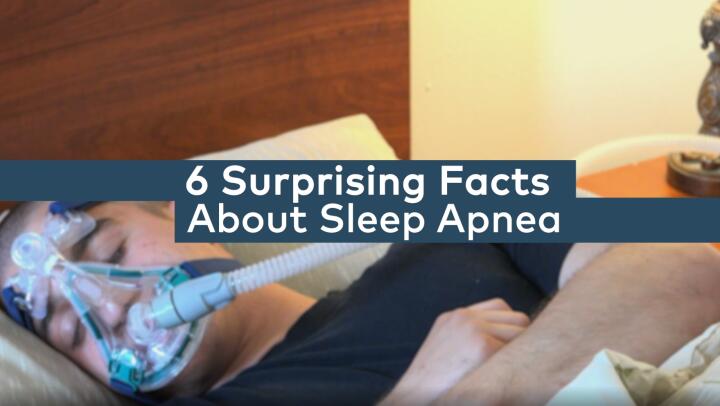
With obstructive sleep apnea, your breathing stops and starts periodically over the course of the night because your upper airway is either fully or partially obstructed, blocking the normal flow of air. You may not even be aware of those interruptions in your breathing pattern, but your body certainly is. You’re likely to feel very fatigued the next day, plus these episodes raise your risk of developing numerous other health conditions, like diabetes, cardiovascular disease, and depression. Enter the CPAP machine. CPAP stands for continuous positive airway pressure. A CPAP machine provides a stream of air through your airway, making sure you get the oxygen that you need.
Everyone who uses a CPAP machine wears some type of a face mask that connects to the machine with a plastic tube. But if you’re worried how your facial hair may affect your ability to receive effective treatment for your obstructive sleep apnea, don’t fret. You will, however, need to do some careful comparison shopping for your CPAP mask, as CPAP masks vary widely. A mustache, beard or both can affect the fit of the mask, too. A bad fit increases the likelihood of an air leak when wearing the CPAP mask, which can decrease the effectiveness of the treatment.
Exploring Available Options
You definitely want to get the right kind of mask for your specific needs, including the best style and size for your head and facial features. One of the most important factors to take into account when trying out masks is your facial hair--the amount, the style, the thickness, etc. Facial hair can and often does interfere with getting a good seal, which means the flow of air isn’t as efficient as it could be.
Among other factors, you’ll also need to consider the distance between your facial features, your typical sleeping style, and whether you breathe through your nostrils or your mouth. Then you can look at the three main kinds of CPAP masks that are available:
- Traditional nasal mask
- Full face mask
- Nasal pillow mask
You may want to test out a few different models from a few different brands before deciding which one works best for you.
Using a Nasal Mask
A traditional nasal mask covers your nose and includes some type of strap or straps that wrap around your head. However, if you have a mustache, it might get in the way of the bottom lip of the mask. If you have trouble getting a good fit with this type of mask and aren’t willing to forsake your ‘stache, you might want to try another kind.
Choosing a Full-face Mask
A full-face CPAP mask isn’t exactly what it sounds like. It doesn’t cover your entire face. But the mask does cover your mouth and nose and creates a seal. You can still use one if you have facial hair, but you may have to pull out your razor. Depending on where the edge of the mask hits your face, you may have to trim that beard or mustache in that area, so it doesn’t interfere with getting a good seal. If you’re unwilling to shave or trim, however, you might want to give this style of mask a pass.
Opting for a Nasal Pillow Mask
Are you frustrated with the other types of masks you’ve tried? Don’t worry, there’s still another option that may work for you. If you have trouble getting another type of CPAP mask to seal correctly on your face and you’re reluctant to shave or trim, try a nasal pillow mask. Instead of a plastic mask that fits over part of your face, a nasal pillow mask is actually a set of nasal prongs, or “pillows” fit directly into your nose. These “pillows” connect to the CPAP machine with a small plastic adapter and plastic tubing. Some models also use head straps to hold them in place. Since they don’t need to create a seal around your nose or mouth, your facial hair shouldn’t get in the way.
Try a Liner
Something else to consider when searching for the best CPAP mask for your situation: the CPAP mask liner. This CPAP mask accessory is often marketed toward people with facial hair to help them with their CPAP therapy. It’s typically a cloth liner that flattens down the facial hair. The liner is supposed to fill in the gaps or holes that may exist when a mask doesn’t seal completely. Put the liner over the mask cushion and then give it a try to see if air escapes.
Don’t assume you’ll have to shave or give up your facial hair just because you need CPAP therapy. A sleep technician can help you find the right mask for your face and your particular sleeping habits--and preserve your beard or mustache. You might have to try a couple of different options before you settle on the best choice, but you’ll find one that works for you.





